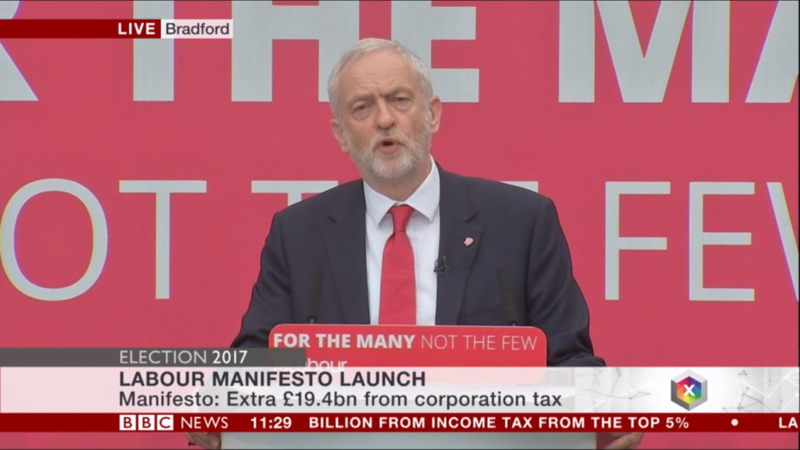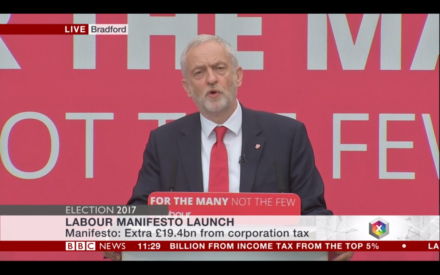

Co-operative values and principles have long run through the Labour Party. A shared vision for a society where wealth and power are shared is the basis for the historic bond between the Co-operative and Labour Parties, and this shared vision is well reflected in the Labour manifesto, published yesterday.
Following on from the hundreds of joint Labour & Co-operative candidates in the recent local elections, including four metro mayor candidates, there are 51 Labour & Co-operative parliamentary candidates standing this June.
The growth of the co-operative sector in the UK shows that a different way of doing business is possible, and Labour & Co-operative voices in parliament will continue to highlight the strength, resilience and value of the co-operative movement.
Labour has a strong record of putting co-operative principles into practice – both in government and from the opposition benches. The last Labour government opened the first co-operative trust schools, established Supporters Direct to promote fan ownership in sport, and passed important legislation enabling the credit union movement to grow.
The published manifesto on which the Labour Party fights this election gives a strong commitment to the co-operative movement. This election is one about the way our economy works, and how it delivers its rewards. Labour’s manifesto shows that the co-operative movement remains at the heart of answering this. Its commitment to work with the movement to double the size of the co-operative sector is welcome and needed.
We also of course welcome the fact that Labour’s manifesto champions widening ownership of our economy, through a commitment to double the size of the co-operative sector. The manifesto pledges to improve the accountability of private companies too, with a “right to own”, giving employees first refusal to buy the company they work for when it’s up for sale, and through comprehensive reform of corporate governance.
The manifesto builds on the work that the Co-operative Party and shadow Treasury team have done over the last year to propose a network of regional development banks to support local SME and co-operative businesses.
In energy, too, the manifesto recognises the significant contribution of community-owned projects like Brixton Energy through a pledge to create a new local energy taskforce to democratise the energy sector by supporting communities to start their own energy co-operatives.
These commitments demonstrate that Labour is serious about creating a genuinely inclusive economy, one which is for the many not the few. We look forward to supporting our Labour & Co-operative MPs, when elected on June 8, to begin delivering on our shared commitments.
Last week the Co-operative Party launched “A co-operative plan for a Britain where power and wealth are shared”. This policy platform sets out our distinct voice and values as a party, and showcases the solutions offered – and already being put into practice across the country – by the co-operative movement. It forms a to-do list for our party, members and elected representatives in the next parliament.
Our plan goes beyond the rhetoric of “taking back control” to offer a comprehensive plan on how to build a Britain in which ordinary people have genuine power over the decisions and services that affect their daily lives.
Anna Birley is a policy officer at the Co-operative Party.




More from LabourList
Centre Left Grassroots Alliance announce recommendations for NEC election
Tom Belger column: ‘Union revolt as U-turn revealed on workers’ tips’
‘The cost of living crisis can only be beaten by local economic growth’